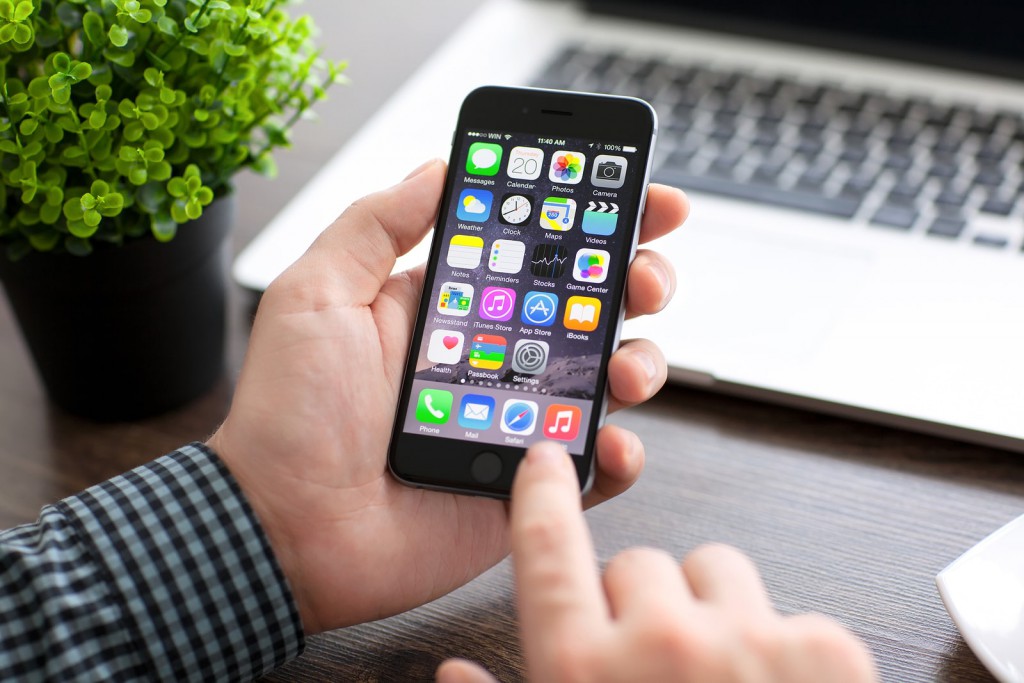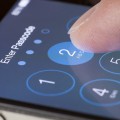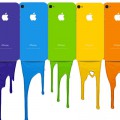The legal standoff between the U.S. Department of Justice and Apple ended quietly Monday, March 28, when the government announced it had found a way to unlock an iPhone belonging to a gunman without the tech giant’s help.
The device in question was used by Syed Farook, one of the shooters who killed 14 people in San Bernardino Dec. 2. The Justice Department has sought access to the locked smartphone as part of its investigation into the shooting.
According to the two-paragraph filing, the Justice Department has “now successfully accessed the data stored on Farook’s iPhone and therefore no longer requires the assistance from Apple,” according to The New York Times.
In February, a federal judge ordered Apple to aid the government. Apple balked. CEO Tim Cook posted a letter on Apple website claiming that helping the government could potentially endanger the privacy of all iPhone users.
“The government is asking Apple to hack our own users and undermine decades of security advancements that protect our customers — including tens of millions of American citizens — from sophisticated hackers and cybercriminals,” Cook wrote.
You Might Also Enjoy: More Weigh In on Apple vs FBI iPhone Battle
The Justice Department has refused to say how or even who unlocked the iPhone. Nor has the department said what information, if any, has been found on the device.
The government’s success in unlocking the phone “doesn’t mean the fight is over,” American Civil Liberties Union lawyer Esha Bhandari told The New York Times.
Apple wants to know how the government was able to unlock the device in order to improve the iPhone’s security. However, the government may classify the information.
For its part, the government put tech companies on notice that similar orders may be issued when the Justice Department deems it necessary.
Melanie Newman, a spokeswoman for the Justice Department, signaled in a statement that the broader battle over access to digital data from devices was not over.
“It remains a priority for the government to ensure that law enforcement can obtain crucial digital information to protect national security and public safety, either with cooperation from relevant parties, or through the court system when cooperation fails,” according to a statement issued by the Justice Department.
“We will continue to pursue all available options for this mission, including seeking the cooperation of manufacturers and relying upon the creativity of both the public and private sectors,” according to the statement.






